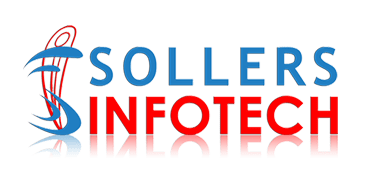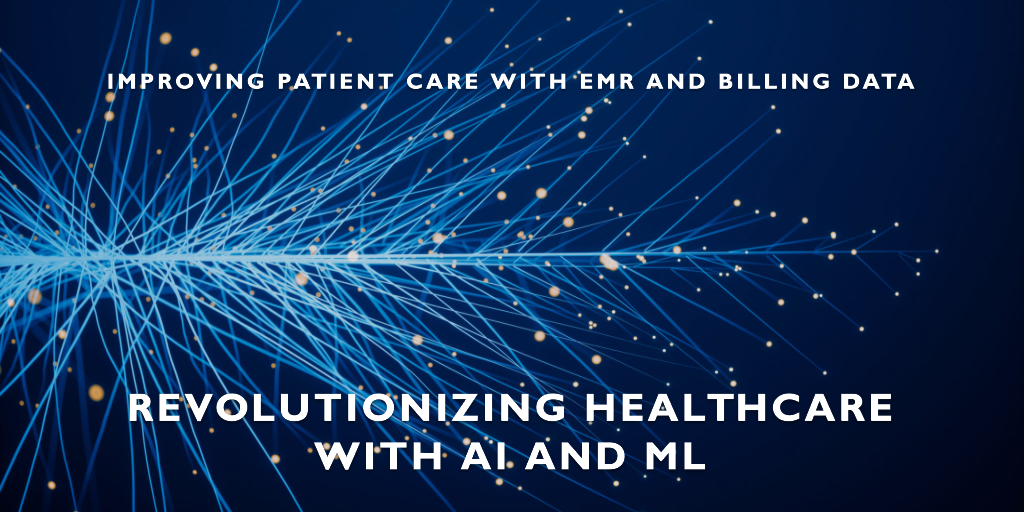Leveraging EMR & Billing Data: Enhancing Patient Healthcare with AI and ML
In the ever-evolving world of healthcare, data is a powerful asset. Electronic Medical Records (EMR) and billing data collected by providers contain a wealth of information that, when harnessed with Artificial Intelligence (AI) and Machine Learning (ML), can significantly improve patient healthcare. In this article, we’ll explore how the integration of EMR and billing data with AI and ML technologies can enhance patient care, provide data-driven insights, and lead to more personalized treatment.
Utilizing EMR and Billing Data for Healthcare Improvement
- Data-Driven Diagnostics: AI and ML algorithms can analyze vast amounts of EMR data to identify patterns, trends, and potential health risks. This analysis aids healthcare providers in making more accurate diagnoses and treatment recommendations.
- Predictive Analytics: By leveraging historical EMR and billing data, AI and ML can predict patient outcomes and disease progression. This enables healthcare providers to intervene early and proactively manage chronic conditions.
- Personalized Treatment Plans: EMR data analysis can reveal individual patient characteristics, including genetic factors and treatment responses. This information enables the customization of treatment plans, ensuring that patients receive care tailored to their unique needs.
- Cost Optimization: Billing data, when combined with AI and ML, can identify cost-saving opportunities, reduce billing errors, and streamline healthcare operations. This cost optimization benefits both providers and patients.
- Enhanced Patient Engagement: Patients can actively participate in their healthcare journey when they receive personalized treatment recommendations based on their EMR data. This engagement leads to better adherence to treatment plans and improved health outcomes.
Steps to Integrate AI and ML with EMR and Billing Data:
- Data Collection and Integration: Gather EMR and billing data from various sources and integrate it into a secure, centralized database.
- Data Cleaning and Structuring: Ensure that the data is cleaned, structured, and standardized for accurate analysis.
- AI and ML Algorithm Selection: Choose AI and ML algorithms that align with your healthcare objectives, whether it’s improving diagnostics, predicting patient outcomes, or optimizing billing processes.
- Model Training: Train the selected algorithms using historical EMR and billing data to allow them to learn and make predictions.
- Integration with Healthcare Systems: Collaborate with software developers and IT specialists to integrate AI and ML models into your existing healthcare systems.
- Testing and Validation: Thoroughly test and validate the integrated system to ensure accuracy and reliability of results.
- Staff Training: Train healthcare staff on using AI and ML-driven insights effectively to enhance patient care.
Benefits of EMR and Billing Data Utilization with AI and ML:
- Improved Diagnostics: More accurate diagnoses and early disease detection.
- Personalized Care: Tailored treatment plans for individual patients.
- Cost Savings: Optimized billing processes and reduced healthcare costs.
- Enhanced Patient Outcomes: Better adherence to treatment plans and proactive disease management.
Conclusion:
The integration of EMR and billing data with AI and ML technologies has the potential to revolutionize patient healthcare. By harnessing the power of data-driven insights, healthcare providers can offer more accurate diagnoses, personalized treatment plans, and cost-effective care. This approach not only enhances patient outcomes but also strengthens the overall healthcare system, ultimately leading to better health and well-being for all. Embrace the future of healthcare technology by leveraging your provider’s data today.




